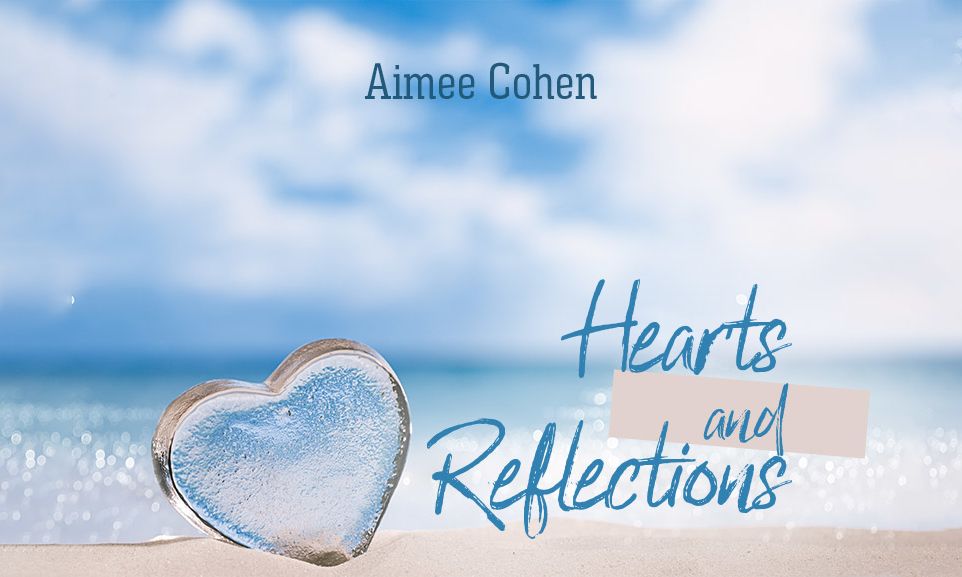
Hearts and Reflections
Maybe the kid does look down on his parent, or assumes the parent is looking down on him. Why are we projecting all of this negativity onto each other?

Yesterday, I saw a funny but sad video about how the various groups in Judaism look badly at each other. I showed it to my husband and we had an interesting conversation about it.
King Solomon writes in Proverbs (27:19) “Just as water reflects back the face of the person looking into it, so too does the human heart mirror the emotions that it receives from others.”
Basically we were talking about how this idea plays out in our lives.
Maybe I assume Chassidim look down at me so I project that on them. Maybe I assume rich people look down at me because I look at them as snobs. Maybe secular people sometimes assume that religious people don’t like them or look down at them. But it is blatantly not true. So why do they think that? And why do I think that Chassidim look down at me? I just realized that these two things might be connected.
A couple of times I was talking to Chassidish ladies and at the end of the conversation the two different ladies asked if I was Jewish. I would think by the nature of the conversation and how I was dressed that it would be obvious that I’m Jewish. Funny, that happened with secular people in Israel too. Not that I looked so religious back then when I was there. So it’s not about Chassidim and non-Chassidim, or even religious and secular. Hashem is directing all of these situations! And why am I not recalling how amazingly nice  and proper they were, especially the one who gave me rugelach when I was starving at the airport waiting for my plane!
and proper they were, especially the one who gave me rugelach when I was starving at the airport waiting for my plane!
Once I heard that if people mistake you for a non-Jew you should check yourself that there are non-Jewish elements in your life that you have to work on eliminating. Maybe I have incorporated non-Jewish influences, speech or behavior. Maybe we assume that a non-Jew likely hates us too, after all Esau hates Jacob, right? Isn’t it built into their nature? But wait a minute. I remember Rav Lazer Brody saying that it depends on our behavior. If we don’t hate each other, then what can our enemies do to us? Is it really automatic that they hate us? If we have emuna, then we know no one can do anything to us without Hashem’s permission!
What about accents? Sometimes we can’t understand the Hebrew of other groups of Jews and make fun of each other’s pronunciation. Rav Brody always says what a sin it is to make fun of people! But don’t we realize they probably think that we talk funny from their point of view? Does it really matter?
My husband said all of this is because it says V’ahavta L’reiacha Kamocha, meaning love your friend like yourself. He heard it asked in a Torah class – why is it not just love your friend? In order to love your friend, first you have to love yourself. Maybe we don’t love ourselves and are projecting our hate onto other people? He said if someone is different than you but he’s your relative, it won’t bother you so much that he is different. You know he’s your family. Though that’s not always true. Sometimes when someone seems different than you and is right there it bothers you more. But that’s kind of a different subject – newly religious people and their families. Wait, not really. It could be that the same idea applies here too. Maybe the not-yet-frum or not-yet-accepting-of-their-frum-kid’s parent assumes their newly religious kid looks down on him. Maybe the kid does look down on his parent, or assumes the parent is looking down on him. Why are we projecting all of this negativity onto each other when deep down we probably all want to live in peace and love and harmony?
You know when you are driving and someone cuts you off or you cut them off? It happens so fast you can’t really tell sometimes. Then you realize it’s your relative or your friend and after that, neither of you could care less what just happened! This gave me food for thought about why we don’t see the other driver as a person. Anyway I heard this example given in a class. The point being made was that as soon as one person puts down his ego, the argument ends. You say, “OK, you go first.” Then the other person says, “No, you.” Because you bowed your head already, now the other person can give in. But that also relates to this discussion. You know that Mishnah in Pirkei Avot where everyone bows down and there is enough room for more people than should normally be able to fit in Jerusalem? You know what that means? If we all make our egos smaller, there will be room for everyone else, and whoever cut you off, he really is your relative!
So let’s all make peace and bring Mashiach already so we can see this miracle for ourselves!



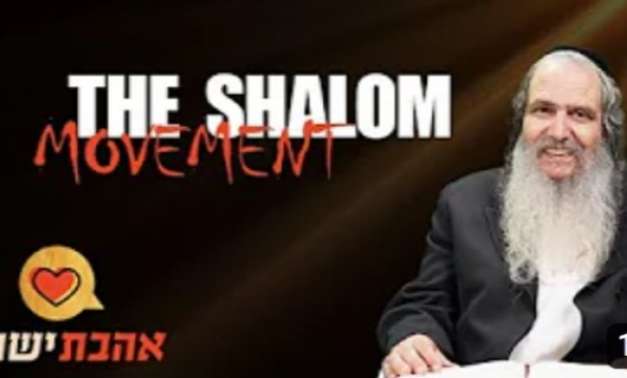
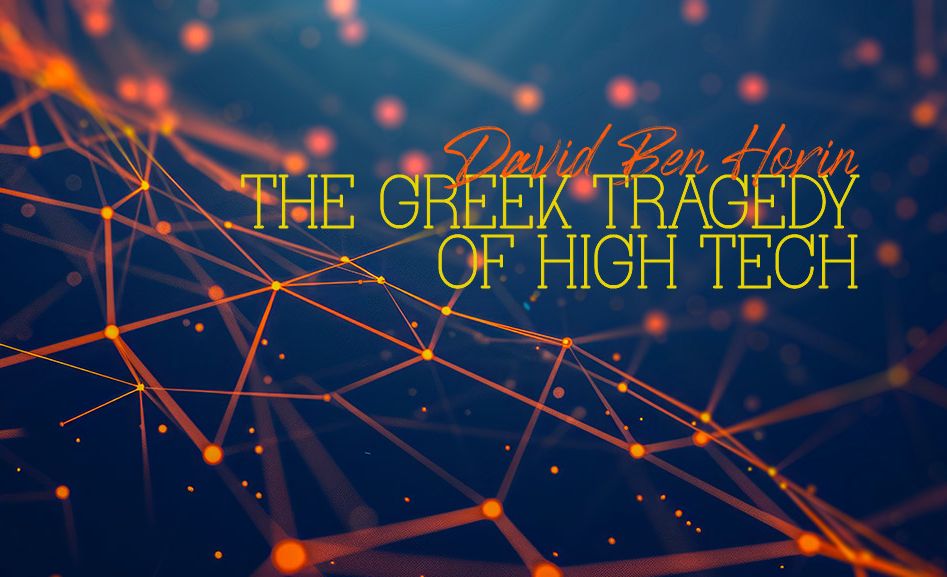
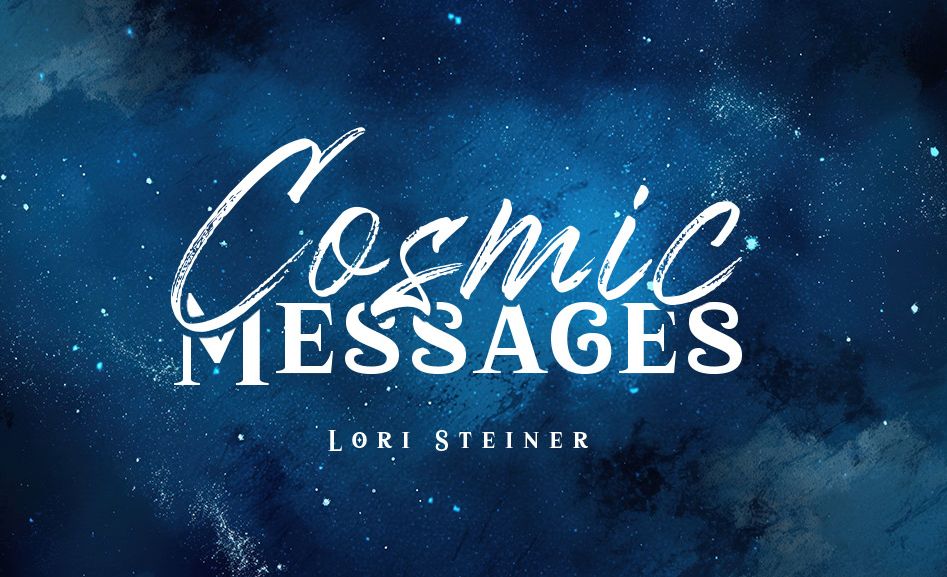

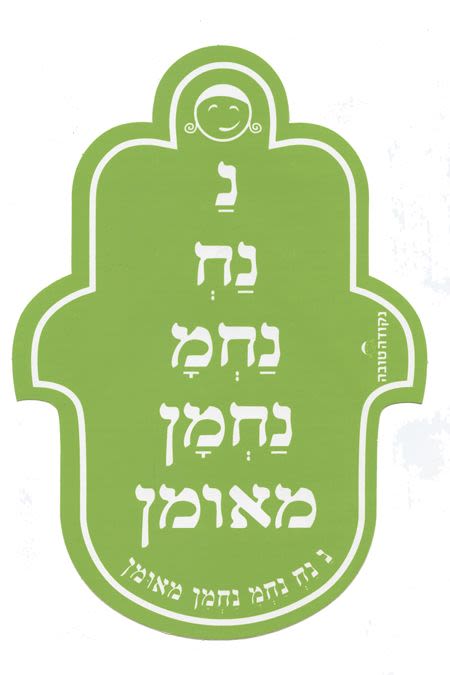

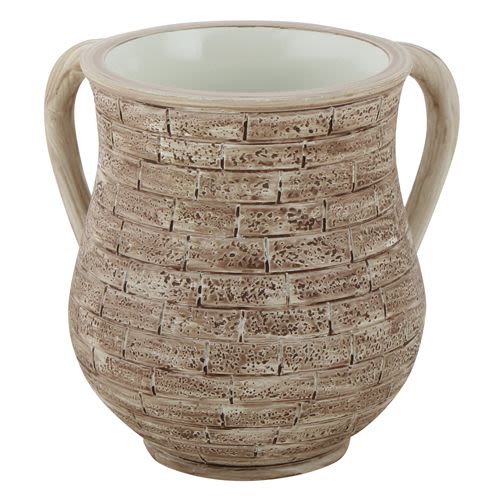
Tell us what you think!
Thank you for your comment!
It will be published after approval by the Editor.